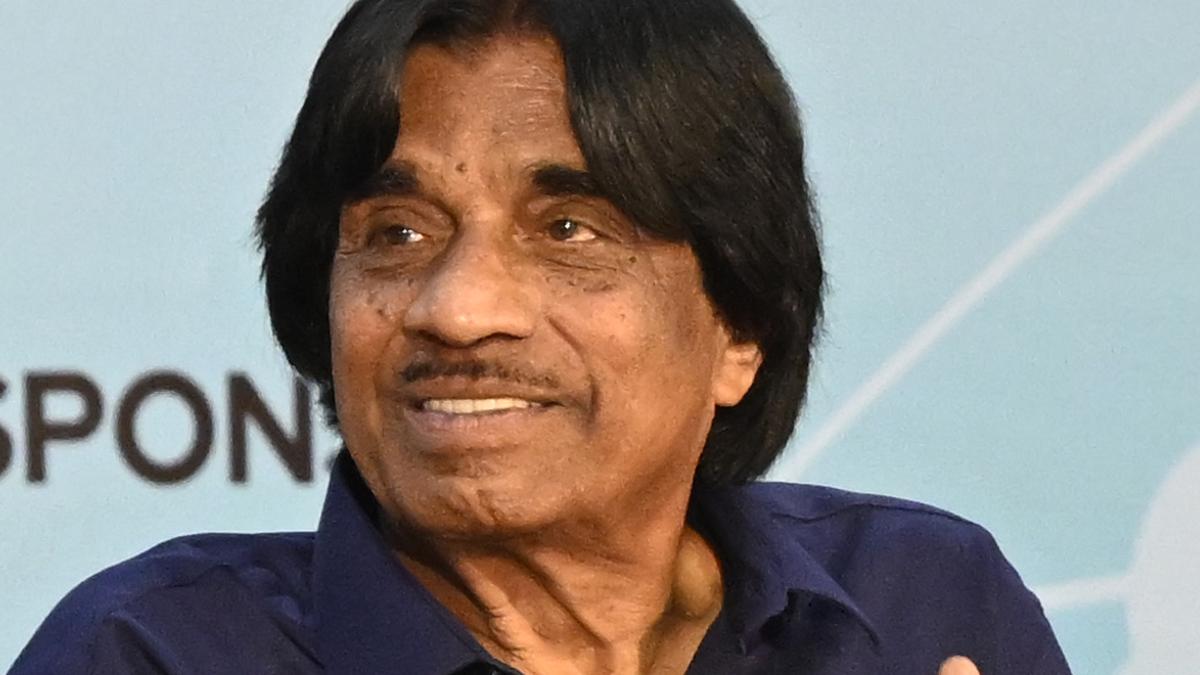
Draft UGC Regulations: Former Anna University V-C urges T.N. govt. to cooperate with Centre
The Hindu
Former Anna University Vice-Chancellor urges State government to cooperate with UGC for fair higher education standards.
Former Vice-Chancellor of Anna University, E. Balagurusamy, has urged the Tamil Nadu government to work collaboratively with the central regulatory bodies, rather than oppose them, to improve the State’s higher education system.
In a press release, he disapproved of the recent resolution passed by the Tamil Nadu Legislative Assembly, rejecting the Draft UGC (Minimum Qualifications for Appointment and Promotion of Teachers and Academic Staff in Universities and Colleges and Measures for the Maintenance of Standards in Higher Education) Regulations, 2025. The draft, unveiled last week, offers a 30-day period for feedback from stakeholders. Prof. Balagurusamy deemed the government’s opposition premature, as it did not allow for such input to be considered.
The draft proposes that the Vice Chancellor search committee shall comprise a nominee each of the Chancellor, the university, and the UGC. The government had not understood the regulations “in their correct perspectives,” he felt.
Currently, five universities are without a V-C owing to the tussle between the Governor-Chancellor and the State government. The tenure of two more V-Cs will end by February.
Prof. Balagurusamy said “the practice of appointing Vice Chancellors by the Chancellor has been in vogue for decades across the country. The proposed UGC regulations only re-emphasise this time-tested procedure,” he pointed out. “It is a well-balanced committee representing all the stakeholders. The State government can present their views through the university nominee,” he contended.
He further said it is not about who appoints the V-C but whether the person has high integrity, knowledge, expertise, and leadership skills for the post. The procedure followed for selection must “eliminate political interference minimising nepotism, favouritism, and corruption in the appointment of leaders of higher education,” he explained.

“Earth Day celebrations have already started in Bengaluru, with campaigns at various colleges such as St. Josephs, and Christ University where life-size elephants made from the invasive species, Lantana Camera, have been travelling to spread the message of conservation and coexistence, along with expert talks from WWF India and Ravi Chellam of Metastring Foundation,” said the release.

Vijayawada and Vizag metro rails: Centre approves appointment of SYSTRA MVA Consulting for preparing mobility plans. The New Delhi-based consultant has emerged as the successful bidder for preparing CMPs for both the projects. The Government of Andhra Pradesh has sanctioned DPRs for construction of the Visakhapatnam Metro Rail for a length of 46.23 km in three corridors at an estimated cost of ₹11,498 crore and the Vijayawada Metro Rail for a length of 38.40 km in two corridors at a cost of ₹11,009 crore.











